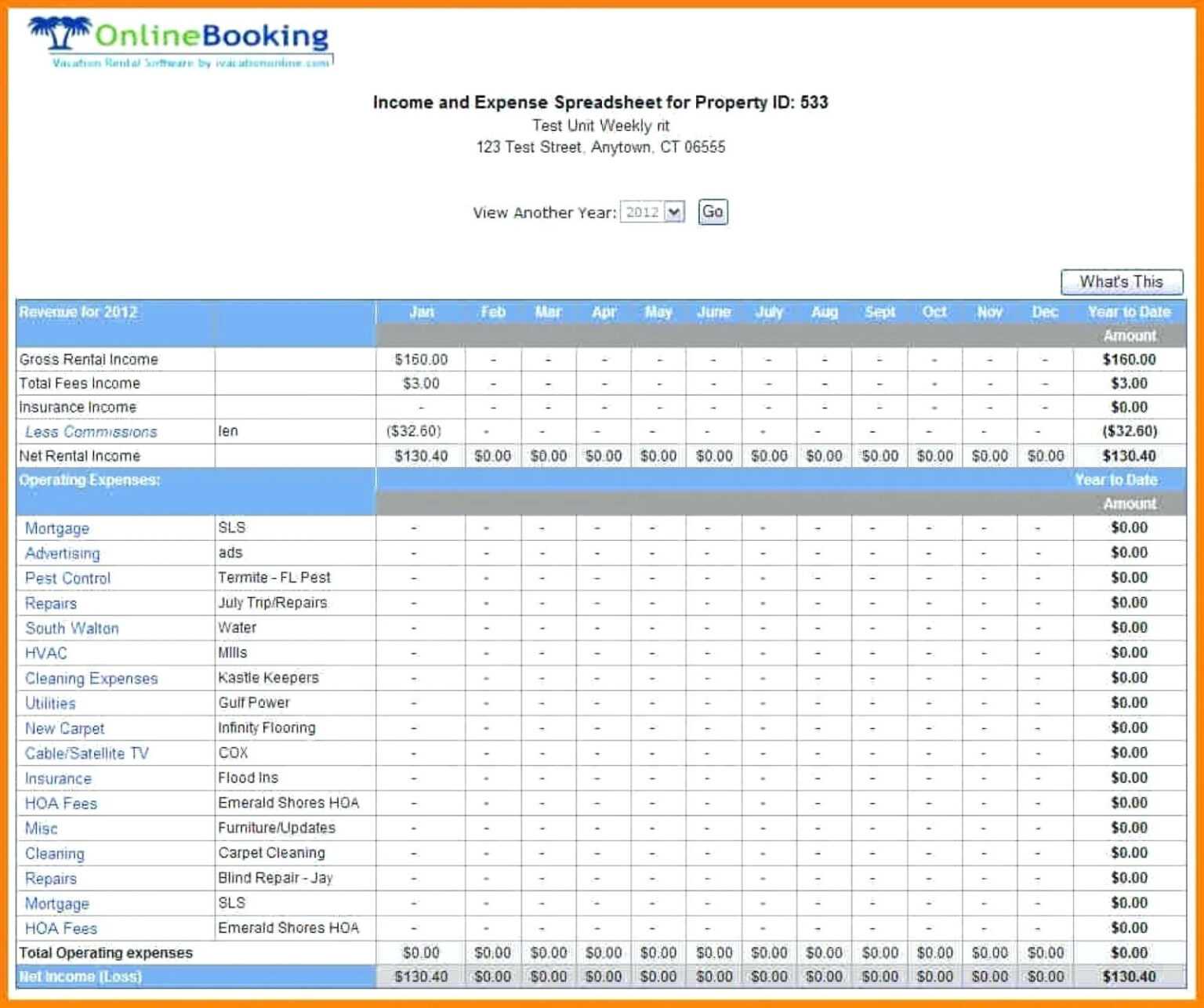As a small business owner, managing your finances effectively is crucial to the success and growth of your company. One of the most critical aspects of financial management is bookkeeping, which involves recording, classifying, and reporting financial transactions. With the numerous bookkeeping programs available in the market, selecting the best one for your small business can be overwhelming. In this article, we will explore the best bookkeeping program for small business, its features, and benefits, as well as provide a comprehensive guide to help you make an informed decision.

What is Bookkeeping?
Bookkeeping is the process of recording, classifying, and reporting financial transactions of a business. It involves tracking income, expenses, assets, liabilities, and equity, and preparing financial statements such as balance sheets, income statements, and cash flow statements. Bookkeeping is essential for small businesses as it helps them to:
- Track financial performance
- Make informed business decisions
- Prepare tax returns
- Identify areas for cost reduction
- Manage cash flow
Types of Bookkeeping Programs
There are several types of bookkeeping programs available, including:
- Manual Bookkeeping: This involves using a physical ledger or spreadsheet to record financial transactions.
- Spreadsheets: This involves using software such as Microsoft Excel or Google Sheets to record and manage financial transactions.
- Cloud-Based Bookkeeping: This involves using online bookkeeping software such as QuickBooks, Xero, or Zoho Books to record and manage financial transactions.
- Accounting Software: This involves using comprehensive accounting software such as Sage or SAP to manage all aspects of a business’s finances.
Best Bookkeeping Program for Small Business
After reviewing and comparing various bookkeeping programs, we recommend QuickBooks as the best bookkeeping program for small business. QuickBooks is a cloud-based bookkeeping software that offers a range of features and benefits, including:
- Easy to Use: QuickBooks is user-friendly and easy to navigate, even for those with limited accounting experience.
- Automated Bookkeeping: QuickBooks automates many bookkeeping tasks, such as invoicing, billing, and expense tracking.
- Financial Reporting: QuickBooks provides comprehensive financial reporting, including balance sheets, income statements, and cash flow statements.
- Inventory Management: QuickBooks offers inventory management features, including tracking and management of stock levels, orders, and suppliers.
- Multi-User Access: QuickBooks allows multiple users to access the software, making it ideal for small businesses with multiple employees.
- Integration: QuickBooks integrates with other business applications, such as payment gateways, CRM software, and e-commerce platforms.
- Security: QuickBooks offers robust security features, including data encryption, backups, and access controls.
Other Popular Bookkeeping Programs
While QuickBooks is our top recommendation, other popular bookkeeping programs for small business include:
- Xero: A cloud-based bookkeeping software that offers a range of features, including automated bookkeeping, financial reporting, and inventory management.
- Zoho Books: A cloud-based bookkeeping software that offers a range of features, including automated bookkeeping, financial reporting, and project management.
- Wave: A cloud-based bookkeeping software that offers a range of features, including automated bookkeeping, financial reporting, and payment processing.
Benefits of Using a Bookkeeping Program
Using a bookkeeping program offers several benefits, including:
- Improved Accuracy: Bookkeeping programs reduce the risk of errors and inaccuracies, ensuring that financial transactions are recorded and reported accurately.
- Increased Efficiency: Bookkeeping programs automate many bookkeeping tasks, freeing up time for more important business activities.
- Better Financial Management: Bookkeeping programs provide comprehensive financial reporting, enabling small businesses to make informed decisions and manage their finances effectively.
- Scalability: Bookkeeping programs can grow with your business, providing the flexibility to add new features and users as needed.
FAQs
- What is the cost of using a bookkeeping program?
The cost of using a bookkeeping program varies depending on the software and the number of users. QuickBooks, for example, offers a range of pricing plans, starting from $10 per month the Simple Start plan. - Do I need to have accounting experience to use a bookkeeping program?
No, you don’t need to have accounting experience to use a bookkeeping program. Most bookkeeping programs are user-friendly and easy to navigate, even for those with limited accounting experience. - Can I use a bookkeeping program for multiple businesses?
Yes, many bookkeeping programs, including QuickBooks, allow you to manage multiple businesses from a single account. - Is my data secure with a bookkeeping program?
Yes, most bookkeeping programs, including QuickBooks, offer robust security features, including data encryption, backups, and access controls, to ensure that your data is secure.
Conclusion
In conclusion, selecting the best bookkeeping program for your small business is crucial to managing your finances effectively. QuickBooks is our top recommendation, offering a range of features and benefits, including automated bookkeeping, financial reporting, and inventory management. While other popular bookkeeping programs, such as Xero, Zoho Books, and Wave, are also available, QuickBooks stands out for its ease of use, scalability, and comprehensive financial reporting. By using a bookkeeping program, small businesses can improve accuracy, increase efficiency, and make informed decisions, ultimately leading to growth and success.
Closure
Thus, we hope this article has provided valuable insights into The Best Bookkeeping Program for Small Business: A Comprehensive Guide. We thank you for taking the time to read this article. See you in our next article!